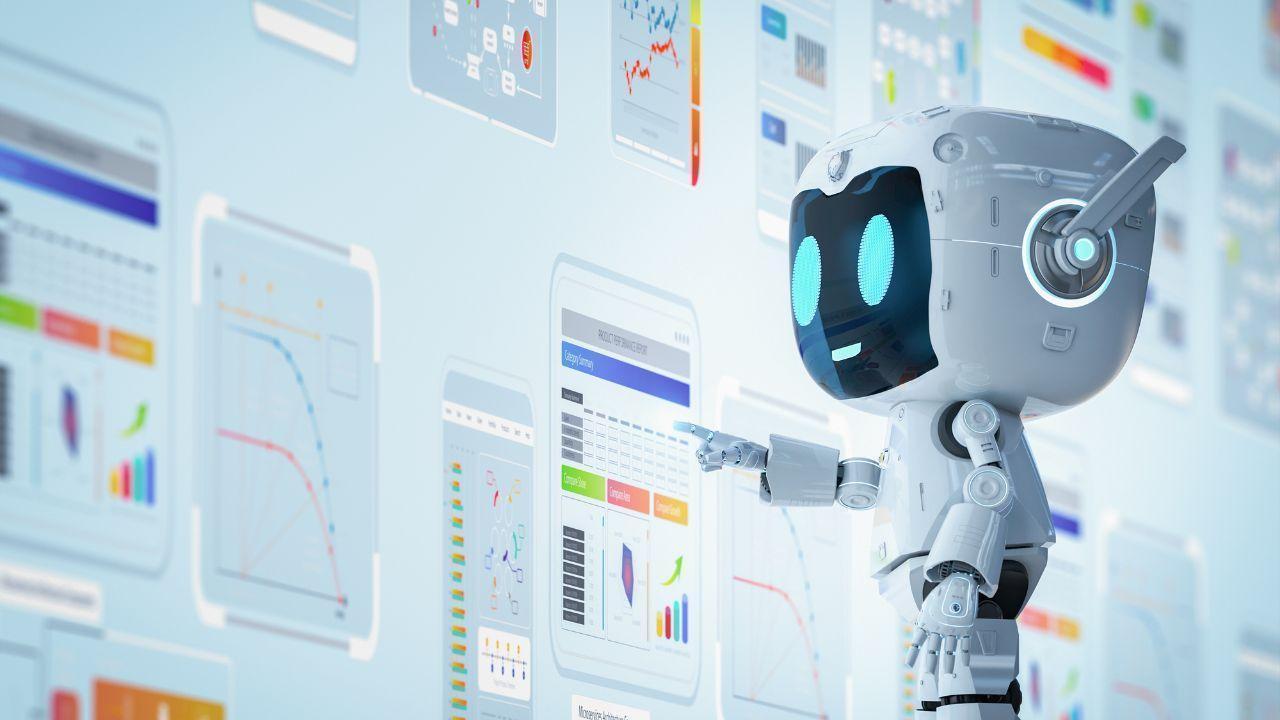
Post by : Vansh
We often think of creativity as a purely human trait—driven by emotion, intuition, and personal experience. But in recent years, artificial intelligence has started to challenge that assumption. From painting original masterpieces to composing symphonies and writing compelling stories, AI is now stepping boldly into creative territories once considered impossible for machines. We have officially entered an era where innovation is beyond human imagination.
As algorithms evolve and learn from vast data sets, the boundaries of artistic expression are expanding faster than ever. This article explores how AI is transforming the landscape of creativity, what it means for artists and audiences, and the ethical questions that come with it.
One of the most fascinating applications of AI lies in the visual arts. Tools like DALL·E, Midjourney, and DeepDream allow machines to generate stunning imagery using textual prompts and learned patterns. These platforms analyze thousands of artworks and styles to create something entirely new—art that is neither copied nor traditionally “created,” but algorithmically imagined.
This form of AI-generated art is not just about novelty. It’s being showcased in galleries, sold as NFTs, and used by designers and advertisers worldwide. AI artists like Refik Anadol blend machine learning with human curation to produce immersive installations that are reshaping modern digital art.
By removing technical barriers, AI allows anyone—with or without formal training—to become a visual creator. Suddenly, creativity becomes accessible, democratized, and incredibly dynamic.
Music, long considered a deeply emotional and personal art form, is also being reshaped by artificial intelligence. Platforms like AIVA, Jukebox by OpenAI, and Amper Music enable machines to compose melodies, harmonies, and full tracks in various genres.
These tools analyze thousands of hours of musical data to learn structure, emotion, tempo, and tone. The result? Beautifully composed pieces that sound like they came from human composers. In fact, some musicians now use AI as a collaborative partner, generating base melodies or harmonies that they can expand upon.
What makes this frontier exciting is not just efficiency—but inspiration. Musicians often find themselves creatively blocked; AI offers new directions, unusual combinations, and innovative ideas that may not occur to the human mind. It’s a partnership that pushes music beyond human imagination, merging technical skill with artistic intuition.
AI has also entered the literary and cinematic spaces. Natural language models like ChatGPT and Sudowrite are now used by writers to brainstorm plot twists, build characters, and even write entire short stories or scripts. These systems don’t simply replicate phrases—they understand language patterns, narrative flow, and emotional tone.
In film and animation, AI is helping screenwriters visualize scenes, generate dialogue, and even develop unique scripts. Netflix and other streaming giants are experimenting with AI-based recommendations for storytelling frameworks, making content more engaging for targeted audiences.
The question arises: is storytelling still “human” if the idea comes from a machine? The answer lies in the fusion. Writers still guide the narrative, but AI offers scaffolding—structure, speed, and surprise.
Designers and architects are using AI to model everything from city layouts to fashion collections. AI can analyze environmental data, user behavior, and design trends to produce structures and objects that are not only functional but also aesthetically pleasing.
Fashion brands use generative design to create thousands of variations in minutes, selecting the best fits for production. Interior designers use AI tools to suggest spatial arrangements based on lighting, mood, and ergonomics.
By accelerating ideation and eliminating guesswork, AI transforms the design process into a hyper-creative workflow. Here, artificial intelligence doesn’t just replicate—it augments imagination, helping humans explore possibilities that were previously out of reach.
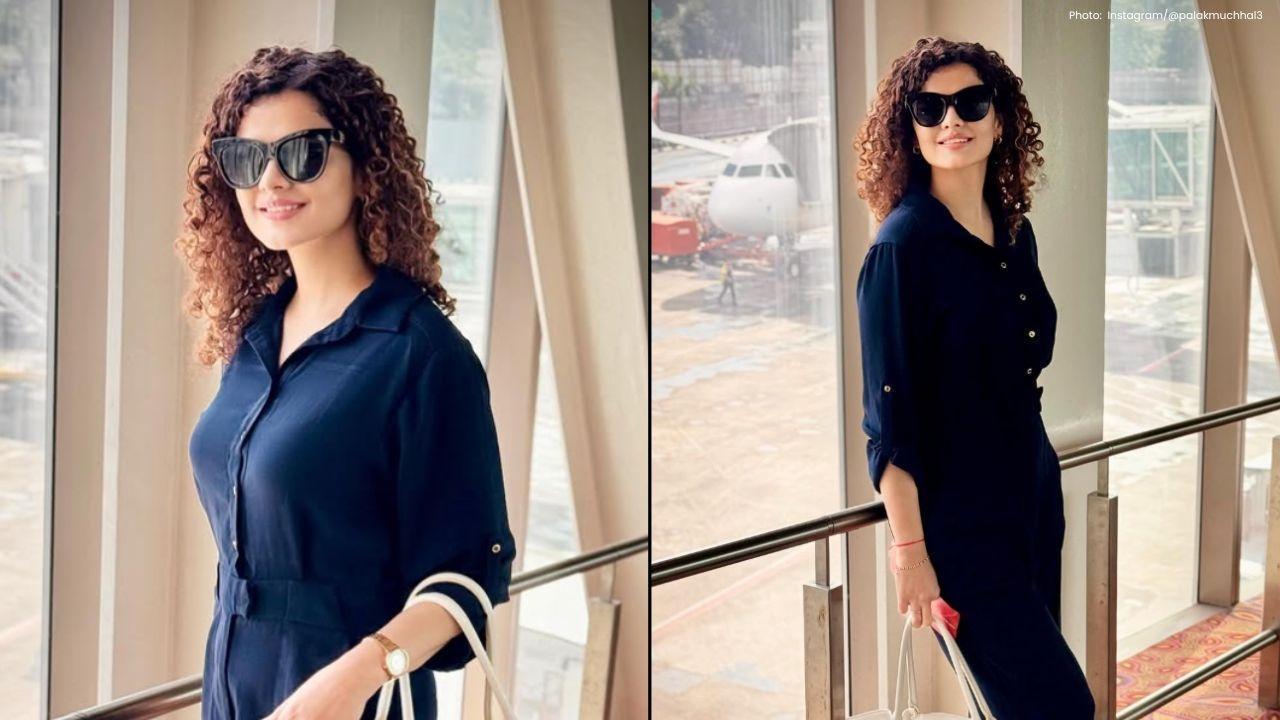

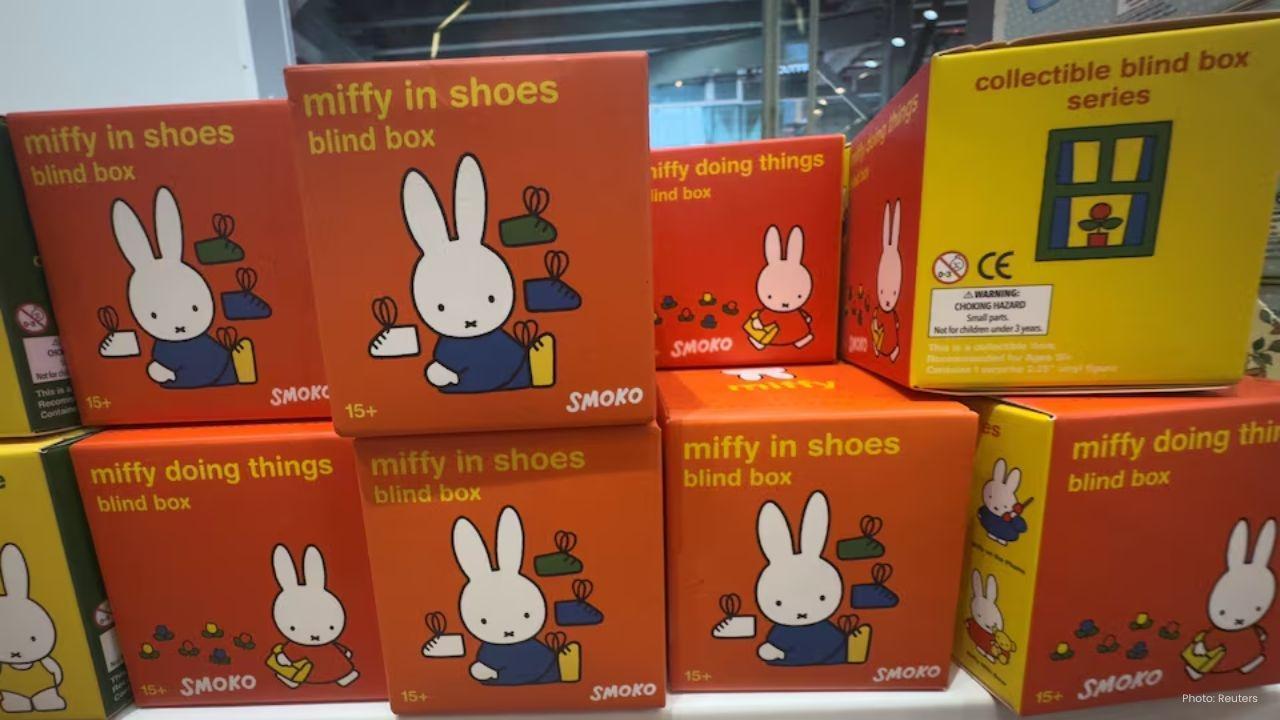
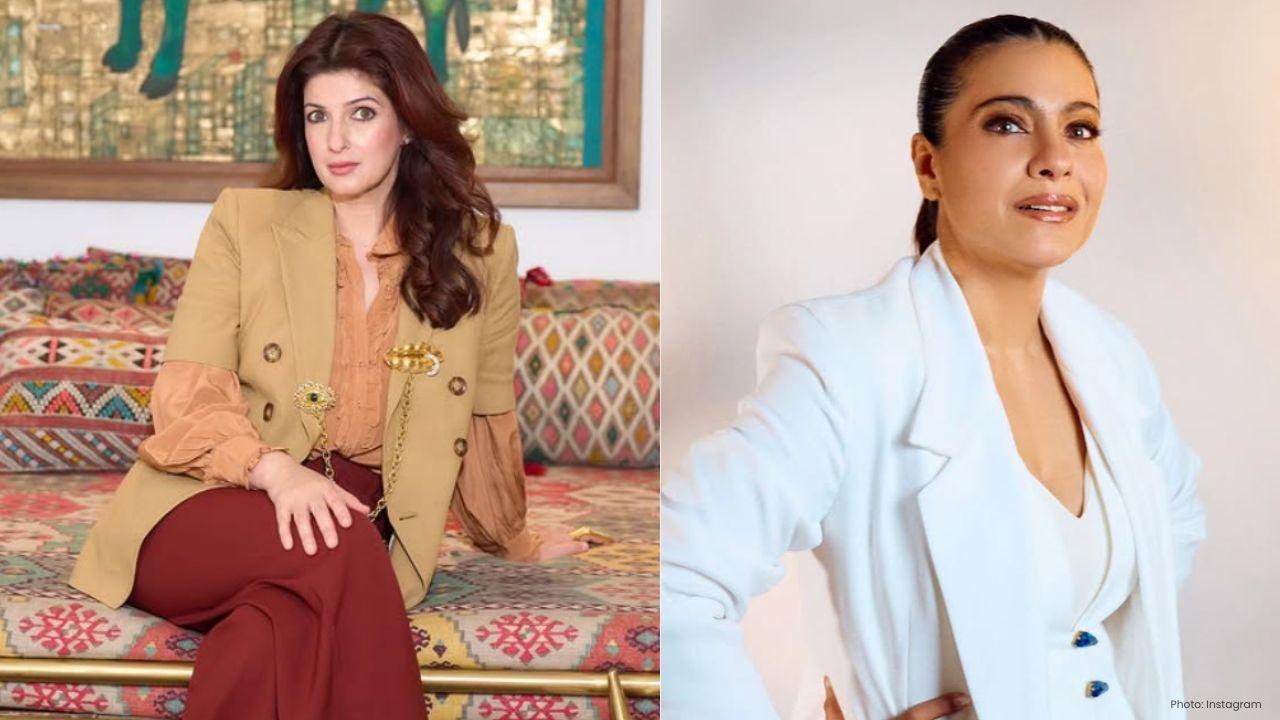
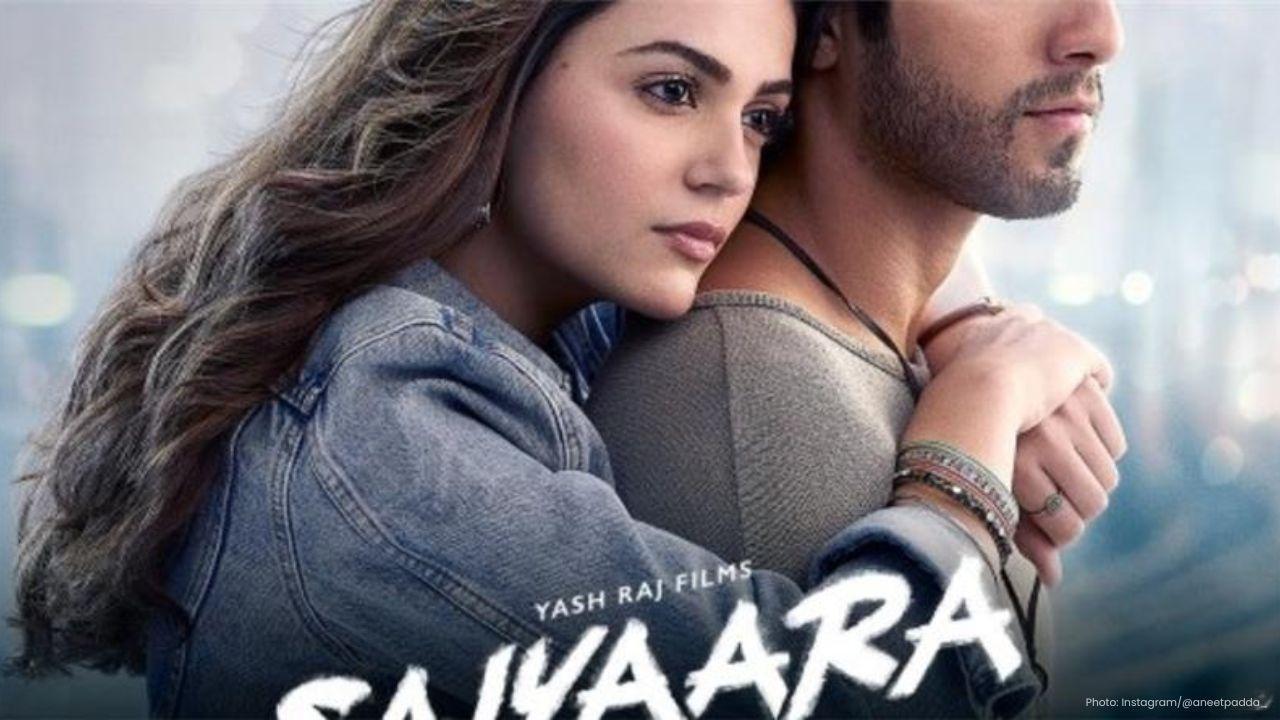


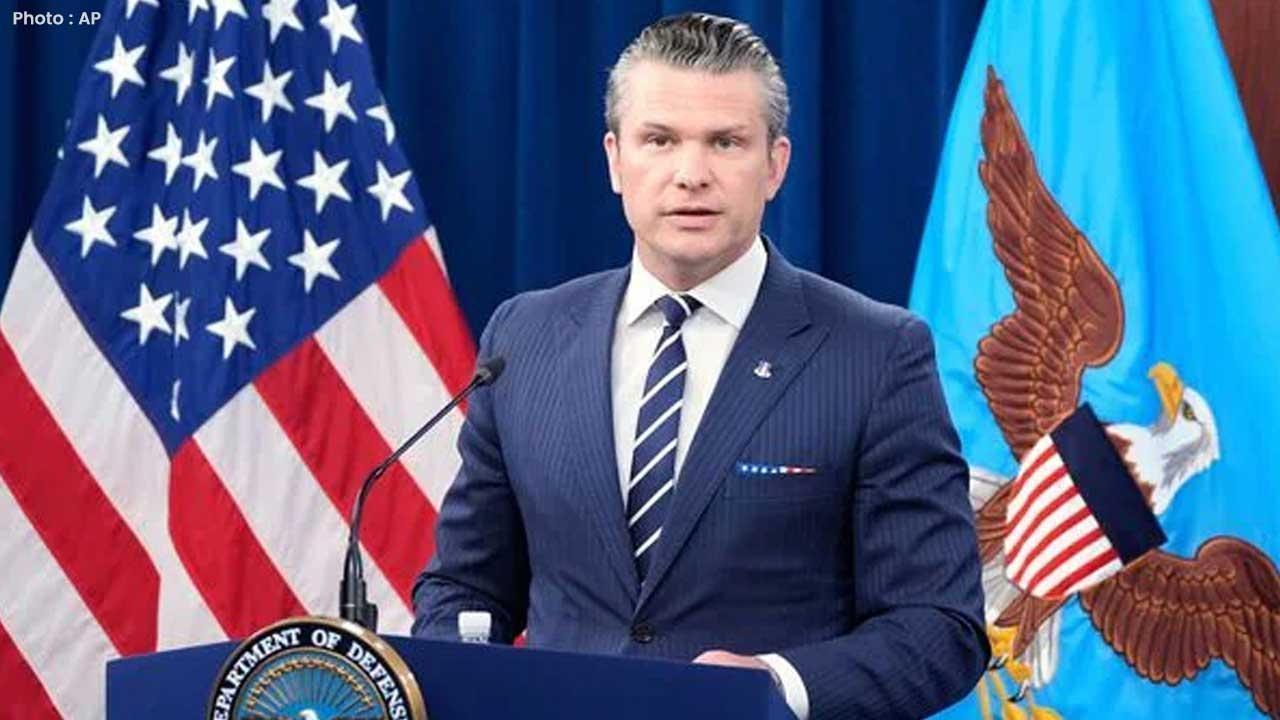
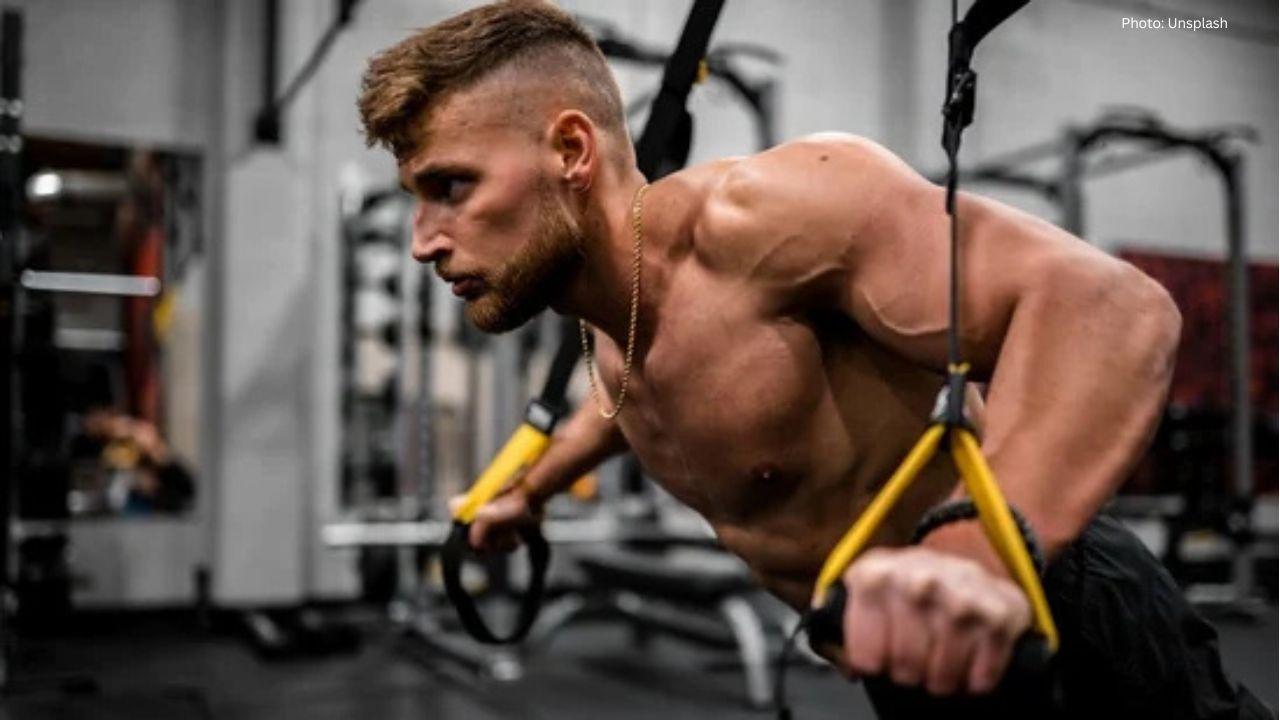

Pageau's Overtime Goal Propels Islanders to 4-3 Victory Over Golden Knights
In a thrilling overtime finish, Jean-Gabriel Pageau leads the Islanders past the Golden Knights 4-3,

MLB Awards: deGrom and Acuna Jr. Shine as Comeback Players
Jacob deGrom and Ronald Acuna Jr. celebrated MLB Comeback Player Awards, alongside Ohtani and Judge
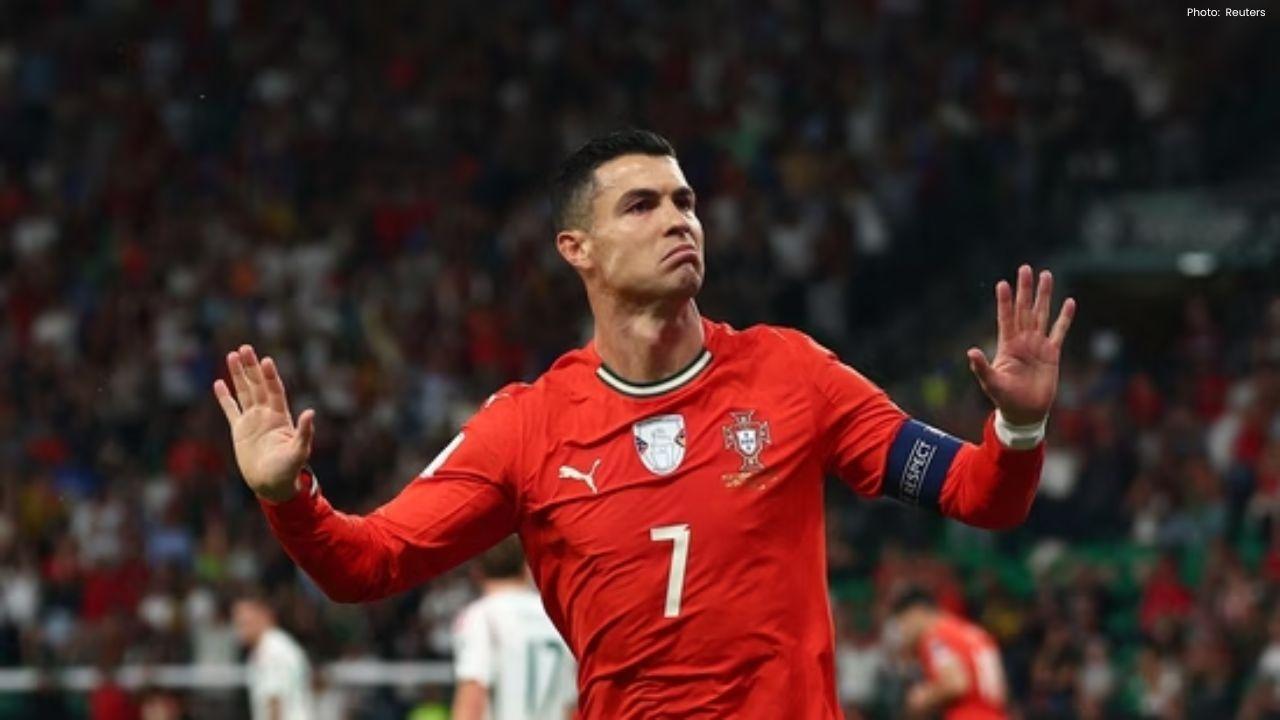
Portugal Confronts Ireland in Pivotal World Cup Qualifier
Portugal, led by Cristiano Ronaldo, faces Ireland in a vital Group F World Cup qualifier that could

Haaland's Brilliance Leads Norway to 4-1 Victory Against Estonia
Erling Haaland showcases leadership as Norway crushes Estonia 4-1, boosting their World Cup ambition
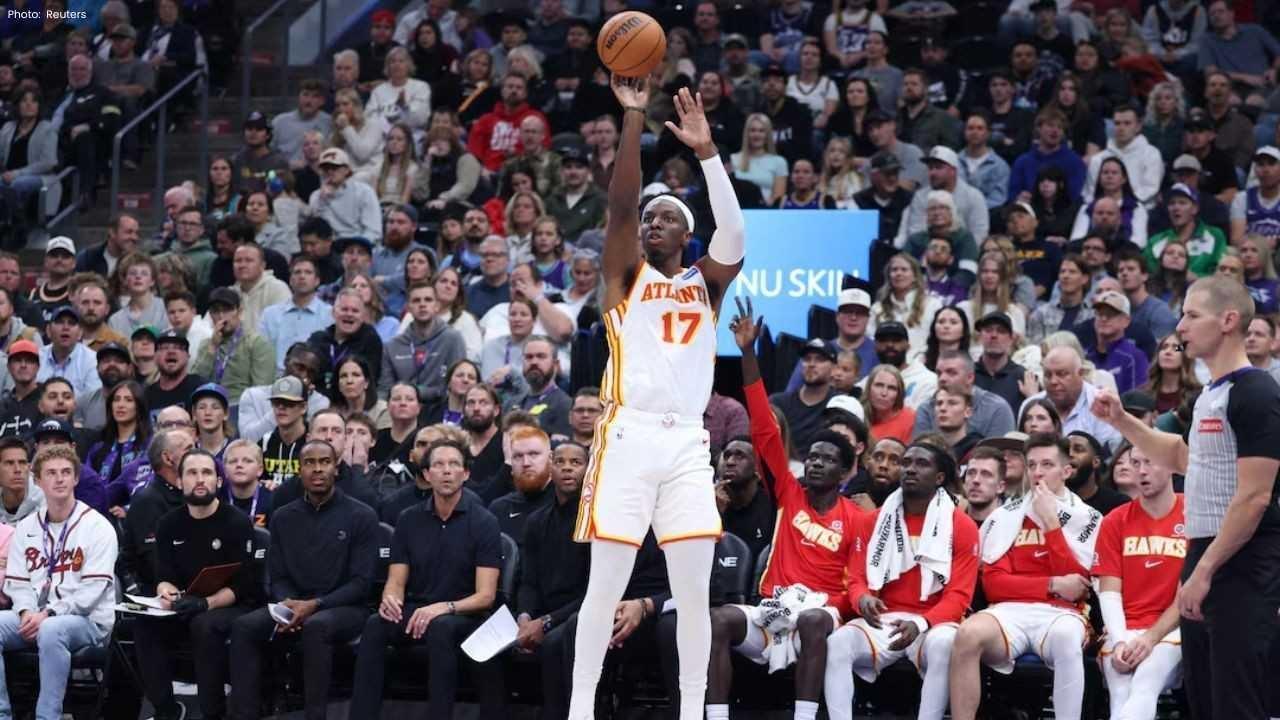
Hawks Triumph Over Jazz; Suns and Raptors Secure Victories
Hawks' Onyeka Okongwu and Jalen Johnson lead in a thrilling win against Jazz; Suns and Raptors also

Indian Men's Recurve Team Clinches First Asian Gold in Nearly Two Decades
The Indian men's recurve team triumphed over South Korea, securing their first Asian gold in 18 year